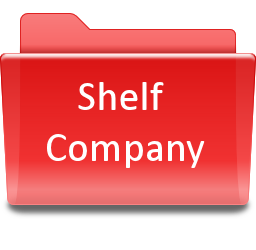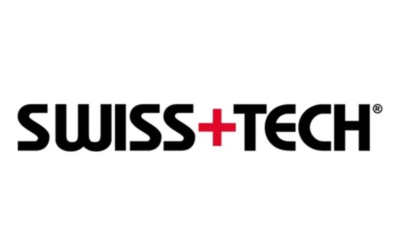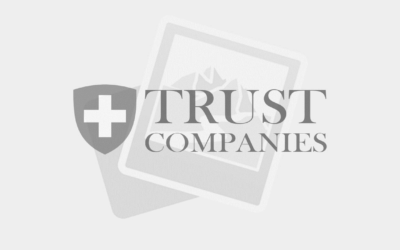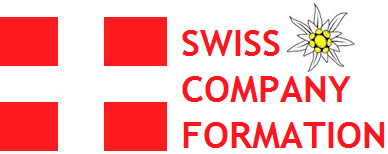Features of accounting and reporting
The Code of Obligations requires the board of directors to prepare financial statement filing, management reports, and, in some cases, consolidated financial statements. Accounting services in Switzerland include a balance sheet, income statement, audit regulations and notes to the statement. The Advice Fund adds the Fund Movement Report to this list.
The country does not have a mandatory balance sheet; it can be presented horizontally or vertically. The order of classification does not matter. However, the law establishes the minimum required balance sheet structure. Thus, according to the Code of Obligations, it must contain four accounting sections:
- working capital,
- fixed assets,
- payroll;
- accounts payable;
- capital.
The profit and loss statement must include sales volume, financial revenue, and profit from the sale of fixed assets as part of revenue; expenses include raw materials, labor costs, financial expenses, and depreciation. The specific form of presentation of information is not specified, but data for the previous year must be provided. Beyond basic accounting, consider our comprehensive Swiss fiduciary services for complete business management.
If a corporation has a majority vote or otherwise controls other companies, it must prepare consolidated financial statements, provided that the corporation, together with its subsidiaries, has exceeded two of three indicators for the last two years:
| total assets | 10 million Swiss francs |
| average number of employees | 200 people per year |
If a company’s equity securities are listed on a stock exchange, it must prepare an interim report for six months each year. This report should include information to evaluate the company’s business dynamics and performance, reflect the factors that had a significant impact on the company’s financial position, payroll, and explain the reasons for extraordinary income and expenses and changes in comparable data for the relevant period of the previous year from bookkeeping.
In Switzerland, as in other countries, some enterprises create hidden reserves to reduce payroll taxes, protect themselves from competition, and prevent excessive dividend demands from company personnel to the detriment of internal financing of company growth. The creation of such reserves is permitted by law. They can be formed to guarantee the prosperity of the enterprise or a more even distribution of dividends, but the company bookkeeping must notify its audit experts about this.





















































